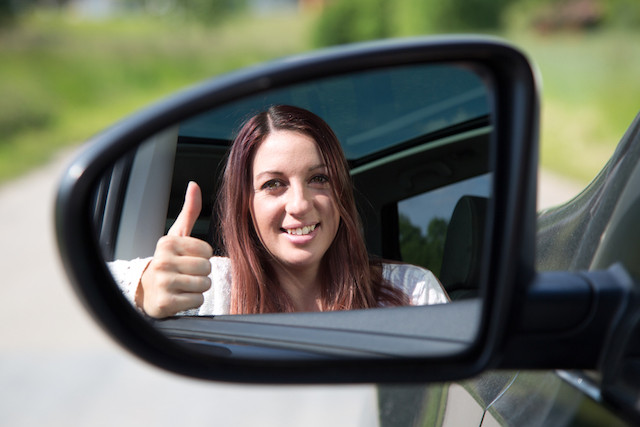Registering a vehicle
People bringing cars to Luxembourg from abroad must register their vehicle within six months of arrival. You’ll need to apply for a registration number, take a civil liability insurance policy, pay the road tax, have your vehicle cleared for customs and fill out an administrative record with the SNCA.
Roadworthiness certificate
If you buy or lease a car in Luxembourg, you won’t need to go through all these steps. However, you will have to pay road tax, insurance and put your vehicle through a roadworthiness test known as the “contrôle technique”. Tests can be booked online via www.snct.lu. Remember to book well in advance because appointments fill up fast. If you turn up without an appointment, try charming the staff at the reception desk and they will do their best to get you booked in as soon as the next day in some cases.
Driving licence
If you obtained your driving licence from a non-EU member country, you’ll need to convert your licence into a Luxembourg licence within a year of taking up residence. It costs €30. Failure to comply means your licence is no longer valid in Luxembourg and you’ll have to pass a driving test in Luxembourg. Even if you obtained your licence in another EU country, it's worth registering it in Luxembourg--that way it's quicker and easier to get a replacement if it's lost or stolent. Guichet.lu takes people through the steps.
Low emissions cash incentives
When choosing cars, it’s worth bearing in mind that in 2019 Luxembourg offered €2,500 cashback on the purchase of a new hybrid plug-in (with CO2 emissions below 50g/km), and €5,000 on a fully electric or hydrogen-powered vehicle. There are also subsidies for the purchase of bicycles. More information here.
Parking
If you live in the capital, you can apply for a residence parking permit, enabling you to park on-street in your neighbourhood free of charge (and in other neighbourhoods for up to 2 hours). Similar schemes are available in the bigger communes. If you’re looking for a car park with available spaces in the capital, the city authority website gives real-time updates on paying car parks and free P+R car parks.
Winter tyres
If driving a motor vehicle on public roads in ice or snow, motorists must equip their vehicle with winter or all-weather tyres, marked “M.S.”, “M+S”, “M&S” or the pine symbol. It applies to all drivers in Luxembourg, regardless of the country in which their vehicle is registered. Vehicle owners who fail to comply could be fined up to €74. More information here.
Breakdown cover
The local provider of breakdown cover is the Automobile Club Luxembourg (ACL), who are also a one-stop shop for pretty much everything related to transport on wheels. They even offer breakdown assistance for bicycles. They offer a bunch of services for new arrivals, information on which can be found here.
Avoid jams
In addition to the various road applications out there, there are live cameras trained at intervals on some of the country’s main motorways. Before heading out, it’s worth checking the traffic levels, especially during rush-hour. Find out more here. The Automobile Club Luxembourg also provides traffic updates on its website.
Rules of the road
The general speed limits in Luxembourg are 130 km/hr on motorways or 110km/hr in rain, unless otherwise indicated. On national roads it is capped at 90km/hr and in built-up areas, it can vary between 30km/hr and 50km/hr. There is a network of speed cameras around the country. Police frequently conduct pop-up speed and alcohol controls. The tolerated blood alcohol limit level is 0.5%, or 0.2% for young drivers. More details on the highway code can be found here.
Pimp your plate
The cost of acquiring a personalised number plate is considerably cheaper in Luxembourg than in neighbouring countries. After paying for the plate itself, vehicle owners pay a €50 charge if the number is used for the first time, or €24 if it is being reused by the same owner. More information here.
Happy driving!
